Catalysts, Free Full-Text
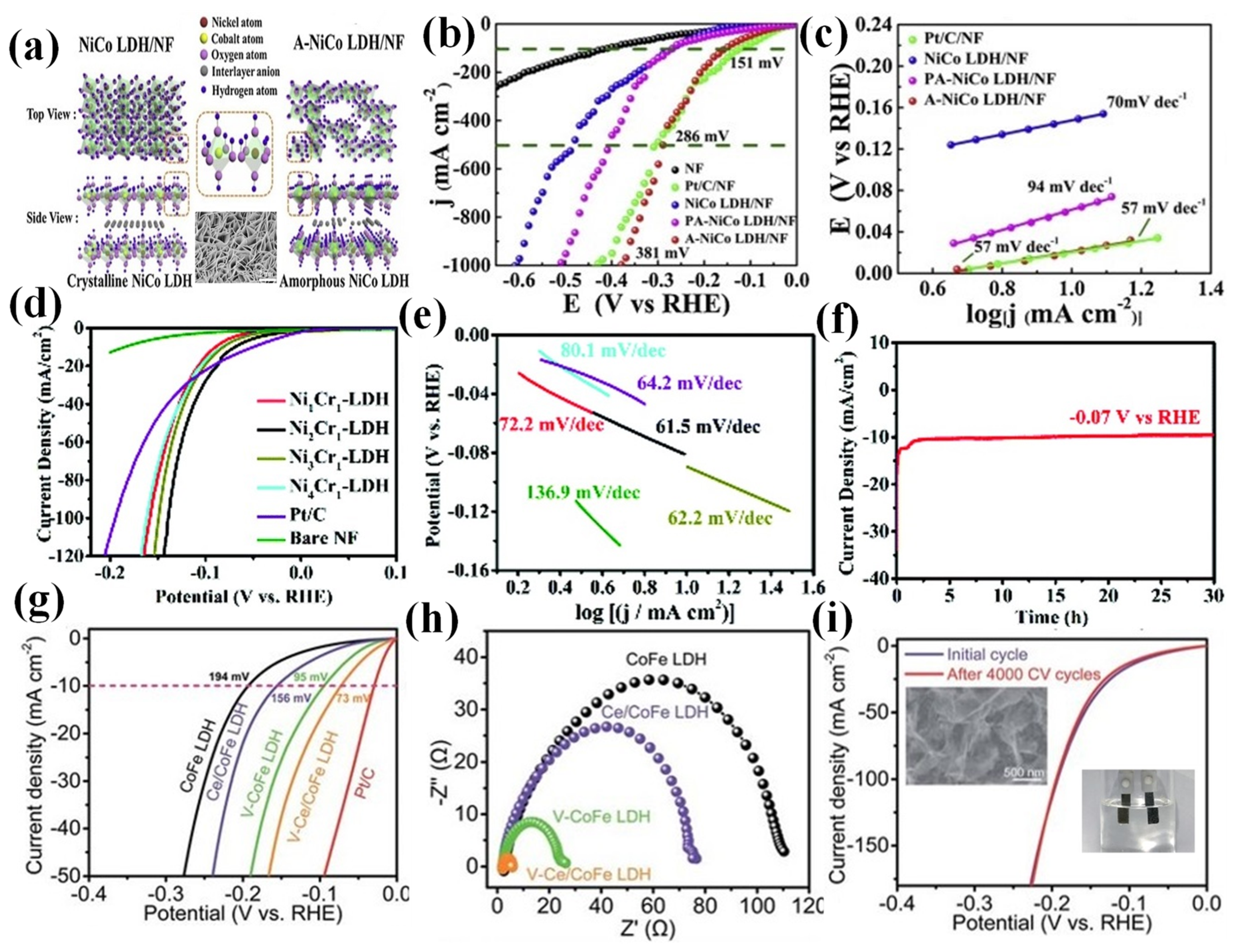
The production of hydrogen via the water splitting process is one of the most promising technologies for future clean energy requirements, and one of the best related challenges is the choice of the most highly efficient and cost effective electrocatalyst. Conventional electrocatalysts based on precious metals are rare and very-expensive for large-scale production of hydrogen, demanding the exploration for low-cost earth abundant alternatives. In this context, extensive works from both theoretical and experimental investigations have shown that two-dimensional (2D) layered materials have gained considerable attention as highly effective electrocatalytic materials for electrical-driven hydrogen production because of their unique layered structure and exciting electrical properties. This review highlights recent advancements on 2D layered materials, including graphene, transitional metal dichalcogenides (TMDs), layered double hydroxides (LDHs), MXene, and graphitic carbon nitride (g-C3N4) as cost-effective and highly efficient electrocatalysts for hydrogen production. In addition, some fundamental aspects of the hydrogen evolution reaction (HER) process and a wide ranging overview on several strategies to design and synthesize 2D layered material as HER electrocatalysts for commercial applications are introduced. Finally, the conclusion and futuristic prospects and challenges of the advancement of 2D layered materials as non-precious HER electrocatalysts are briefly discussed.

Catalysts, Free Full-Text

PDF) Unsupported transition metal sulfide catalysts: 100 years of

EES Catalysis
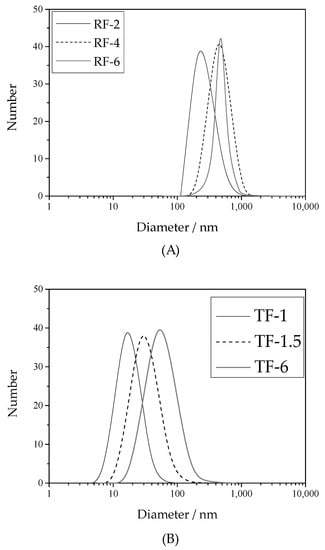
Catalysts, Free Full-Text

Highly efficient WO3-FeOx catalysts synthesized using a novel

Catalysts, Free Full-Text
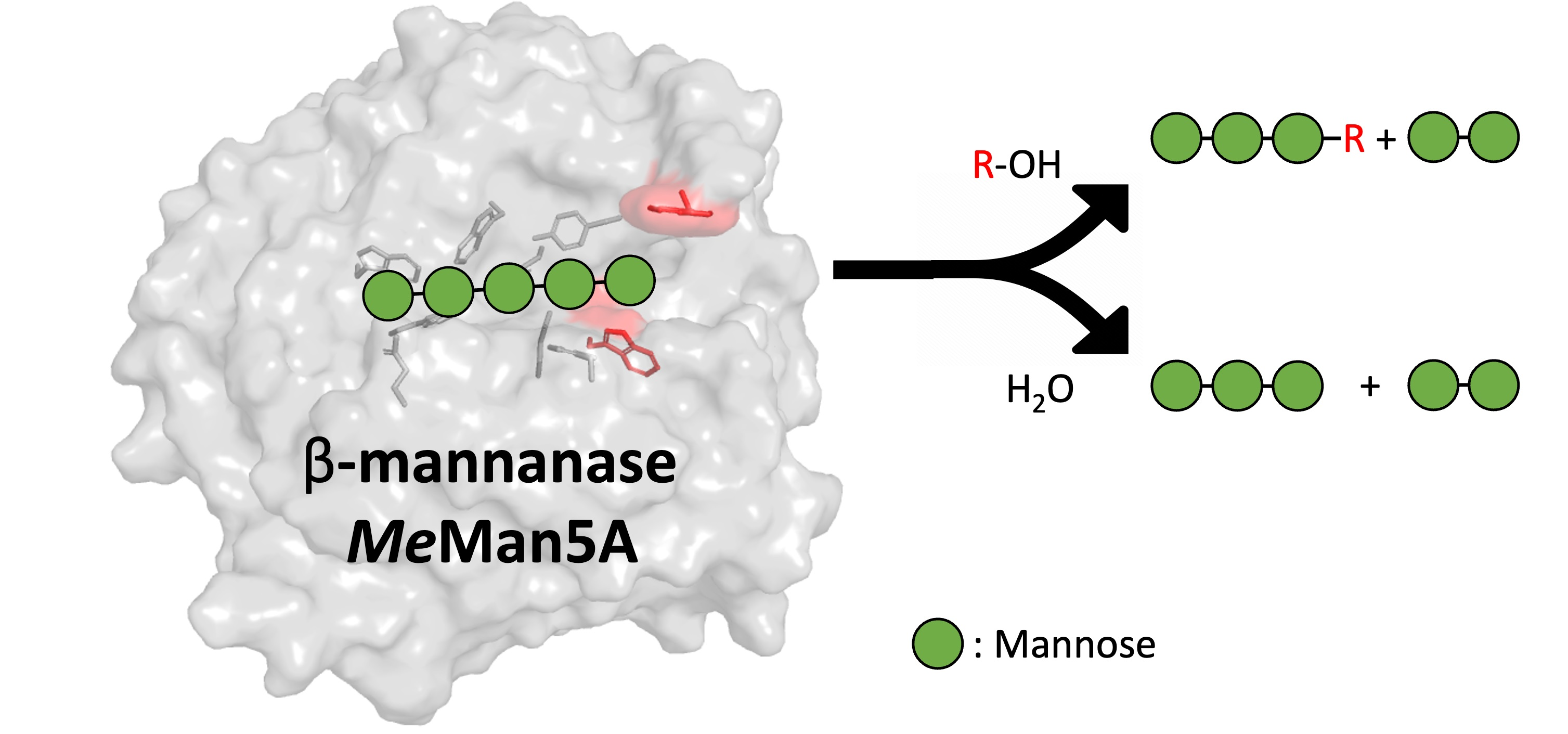
Catalysts, Free Full-Text

Activity and performance evolution of PGM-free catalysts from 2010

Catalysts, Catalytic Processes, and Materials for Renewable Energy
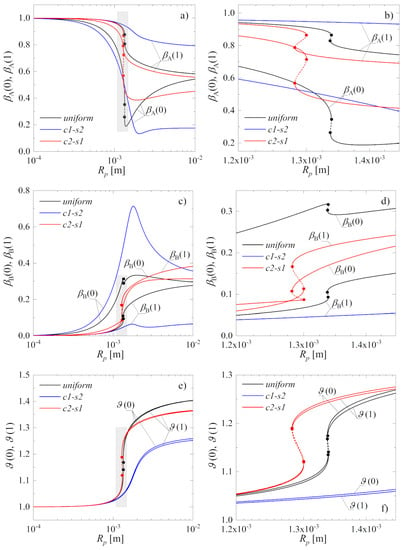
Core–shell catalyst pellets for effective reaction heat management - ScienceDirect, Catalyst
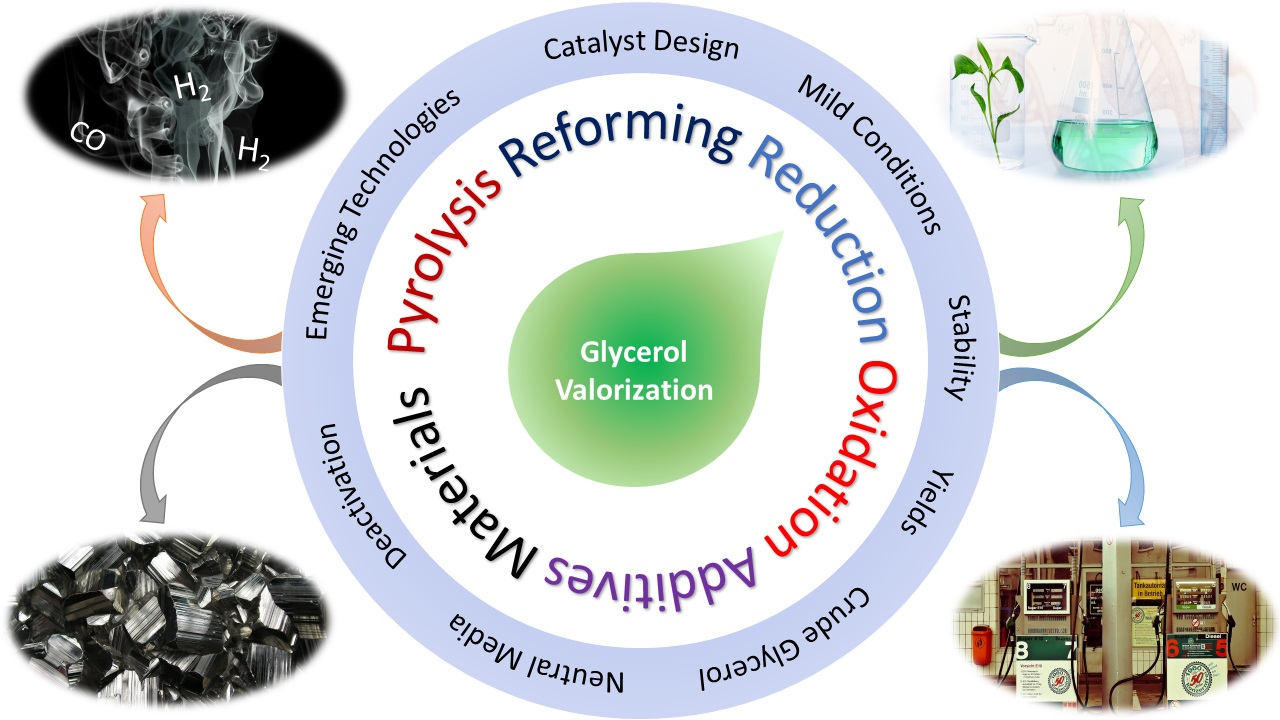
Catalysts, Free Full-Text

Thanks to machine learning, the future of catalyst research is now

Fluid catalytic cracking - Wikipedia
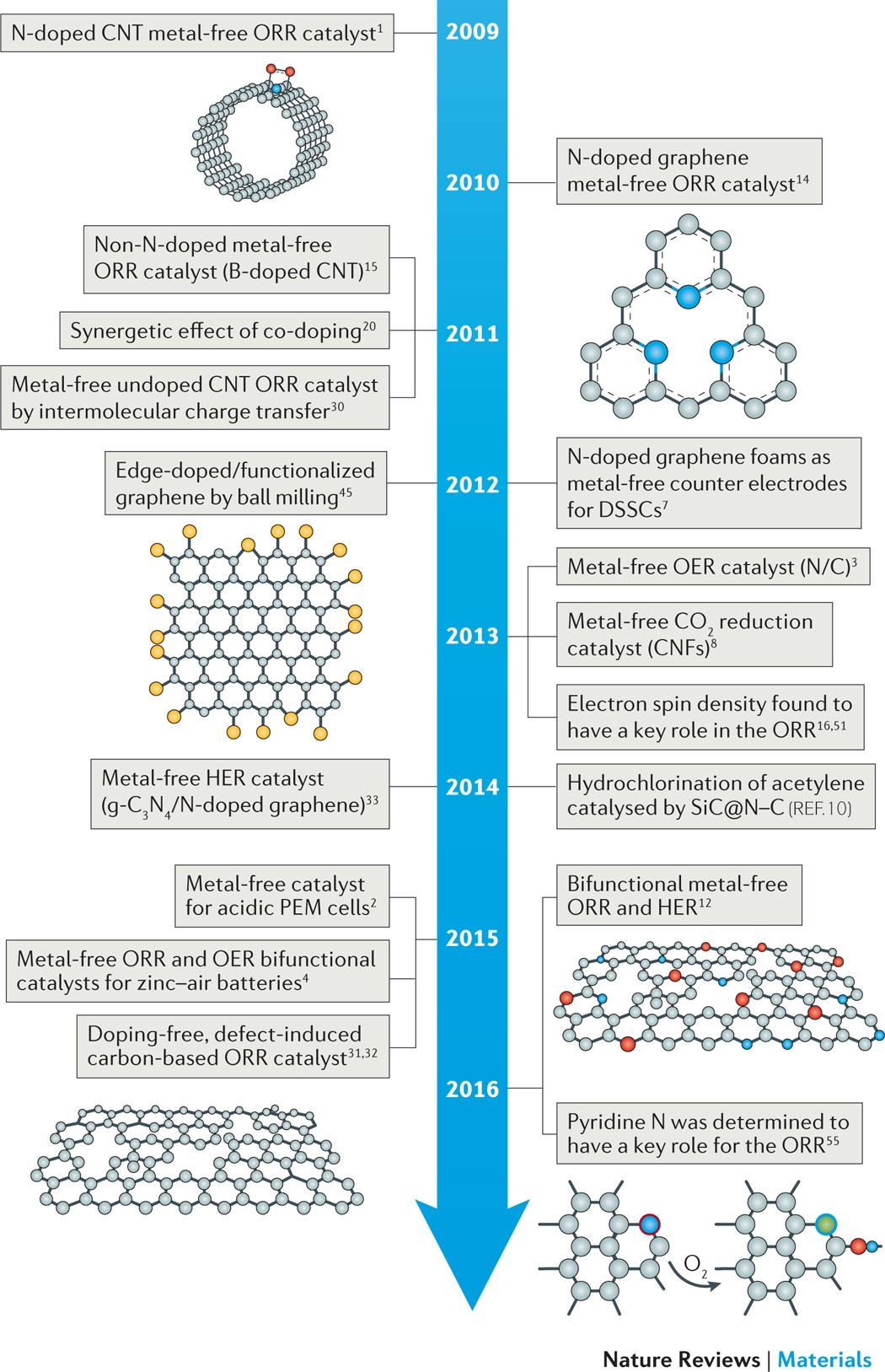
Carbon-based metal-free catalysts